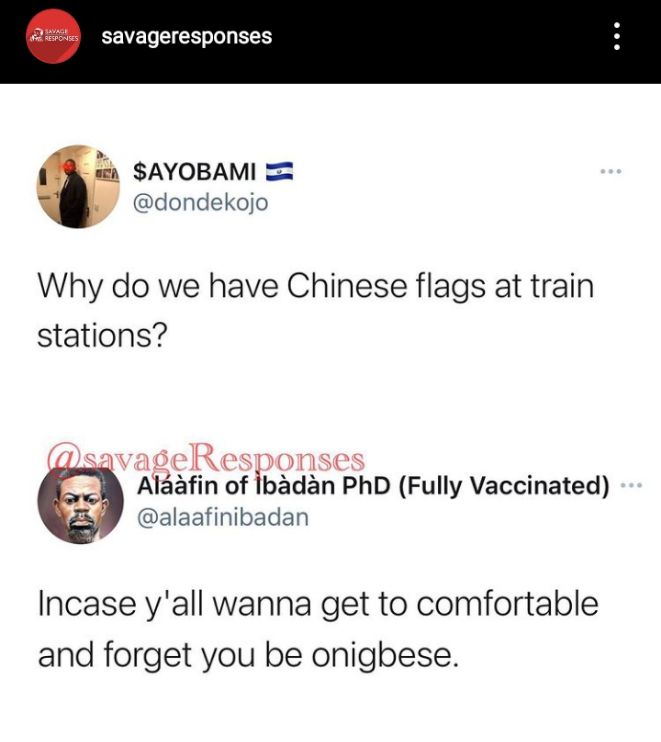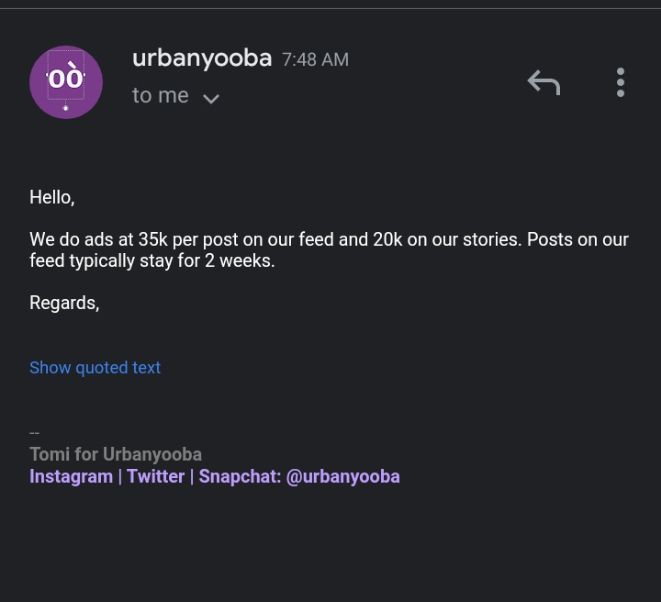Do meme pages infringe on the copyright of content creators?
Meme pages are everywhere, and chances are you follow some of them. They mainly curate and repost content from other platforms. But is this copyright infringement, especially when consent is not gotten? What are the implications of watermarks?

Meme pages are ubiquitous on most social media channels, with some pages boasting millions of followers and engagements. They are known for curating and posting humorous content found online, so most of the content on their pages are not original.
However, this gives rise to questions regarding copyright, especially in an age of increasing calls by creators for stricter copyright enforcement regarding appropriation of works online. Are the posts on these meme pages an infringement of the rights of the original authors, or are the meme pages protected by fair use of online content?
The proliferation of Meme Pages
The interesting nature of the internet is the speed at which information travels. Social media has allowed the easy and widespread sharing of information, opinions and posts, whether they are humorous, informative, or just one liners.
This is not just news, but also comments, posts and opinions on online fora. The emergence and wide acceptance of microblogging platforms like Twitter and Reddit is partly due to this, because of the potential for triggering discussions, engagements and virality.
The cross sectional nature of these online mediums means these posts can be shared by different users across these platforms; with or without the consent of the original authors.
But this can also lead to problems, where the original authors or content creators did not authorize or consent to their posts be re-posted on other platforms. As is more common these days, the content are reposted by accounts created specifically for this purpose. As a result, these accounts attain virality and high follower counts mainly by sharing and posting humorous content from other social media platforms.
So who owns the posts on these meme pages?
It should be noted that meme pages certainly contribute to the sustained use of social media platforms. In fact, sites like Reddit and Tumblr were built on reposting others’ content and then allowing other users to comment and share them widely.
This way, they turn otherwise niche source materials like tweets only available on twitter, into accessible, widely appealing content. This largely contributes to their sustained virality, engagement and ability to attract a broader audience outside the original platform.
Take for instance popular Instagram meme page @Savageresponses with nearly 300k followers. It is known for curating and reposting funny posts from Twitter on Instagram for its thousands of followers. Some of the authors are tagged, if they are on instagram, but most are largely not. Here is a post on the Savage Responses Instagram page curated from Twitter, with the “Savageresponses” watermark.

This ability to achieve virality from curated content has another upside: commercial appeal. In other words, the ability for these platforms to be monetized.
Meme pages can even go on to achieve micro celebrity status, with some gathering over 1m followers and hundreds of thousands of engagements per post. @fuckjerry, a popular instagram meme account has over 15 million followers, while @funnymemes, another meme account dedicated to curating and reposting funny clips has over 7 million followers on Instagram.
This means that the larger the audience, the more the power and ability to pull funds. Indeed,according to OrangePeanut, a YouTuber and meme page admin, these pages may have rate cards that tend to go as high as $25 for daily sponsored posts and advertisements.
This brings us to the issue of copyright and credit
Generally, social platforms are a conduit or intermediary to share ideas to the internet. They do not own any posts on their platforms, and may only use them for promotional purposes or for targeted ads.
As such they cannot modify or edit them. They only censor or remove content that is deemed to violate their user guidelines.
The rules regarding credit has been an increasingly contentious issue, for the platforms, authors and meme accounts. Since the overwhelming majority of content by meme accounts are scoured from other sites, this will naturally create problems as regards to crediting the original authors or creators of the content they upload.
Elliot Tebele, the founder of the popular Fuckjerry Instagram Account, apologized after backlash from creators who had long accused him of profiting off jokes, memes and other creative works on the internet without approval or crediting the original creator. While apologizing, he also stated that he will no longer post without being able to identify its creator, and without that creator's express and advance consent.
Writer Megh Wright criticized FuckJerry and fellow Instagram meme admin Josh Ostrovsky for profiting off “stolen jokes” while claiming to merely be curating them to appeal to a wider audience. She further criticized how the accounts managed to amass millions of followers by “ passing twitter jokes and memes off as their own- the general style being screenshots with Twitter usernames conveniently cropped out, thereby reaping rewards built from other people’s works.’’
So on the one hand, they may appear to be simple pages that merely curate and share viral tweets and posts from users on other platforms to a wider audience. But the very act of taking user posts from different websites and uploading them on Instagram without any approval or credit to the original authors and creators does raise concerns about infringements.
And Instagram is taking a stand.
In August 2019, Instagram deleted over 30 meme pages, surpassing a combined 33 million followers for “violating its terms of service”, including @Finest.Inventions, a meme page with over 13 million followers, and @uniquevines, which had more than 8.3 million followers. The users had raked in over $600000 from the deleted accounts through advertising and sponsored posts.
This isn’t the first time Instagram has deleted dozens of popular meme pages. In December 2018, Instagram deleted some well-known and popular meme accounts, all with millions of followers, including @ComedySlam, whose founder said he made $200000 each year with the 11 million follower page before it was deleted.
According to MarketWatch, Instagram is essentially going after these accounts for reposting without giving credit and poaching other people's content. This is not far-fetched, as dozens of these accounts have been accused severally for repeated content violations.

Some of the accounts have raised the defence of fair use. This generally means that the original work can be used without permission, so long as it is used fairly and without prejudice to the owner. Well, it gets tricky when it comes to online content.
What can qualify as fair use can be very hard to distinguish and the question of whether this act is fair use is very open-ended.
For example, in one contentious case, an artist named Richard Prince printed out screenshots of Instagram posts onto canvases, then sold them for hundreds of thousands of dollars. One of those canvases came from an image by photographer Donald Graham, who then sued Prince for copyright infringement. Prince claimed his printout of Graham’s photo was fair use because the screenshot included user comments, likes, and elements that “have become iconic elements of the modern internet.”
Watermarks. What do they suggest?
A watermark is any sign, mark, text or identifying image or pattern superimposed on an image that protects the interest of the bearer/owner and prevents counterfeiting and theft. It is used to ascertain authenticity and discourage counterfeiting.
They prevent the original creators from theft. So if I am a photographer or artist, I want to put a watermark on my work to prevent theft and passing off.
Now, meme accounts on Instagram commonly superimpose a watermark, usually their logo or the name of the page on posts they upload on the accounts; texts, videos, photos and pictures.

The common assumption, may be to draw increased traffic to their page by implying the memes came from there. However, like the image above this implies, the superimposition can essentially mean owning the content in the post. Especially where no credits or any notable indication is given as to the real owner of the post or their page address.
Even if due credit is given, would it not be a step too far to not only upload content with or without due approval for commercial appeal and traffic, and then proceed to place a watermark on such content?
Final thoughts…
The hallmark of the information age is the quick sharing of thoughts and information with only a mobile phone and an internet connection. This information can be educational, news and even humorous content, and they only need to be uploaded onto various social media channels.
The good thing about the internet is that posts can attain virality organically, especially if they are original and creative. When they are reposted by meme pages curating them, it may be argued that this still achieves the underlying idea of free and wide dissemination of information; but it becomes problematic when these pages are then monetized off the curated content.
Should the original authors/creators get a share of the proceeds? Should there be express consent before the content is being reposted? Are Social Media platforms right for targeting and deleting these pages ?
These and many more are important questions that need to be answered when the line between freedom of information, copyright and capitalism intersect.







Comments ()